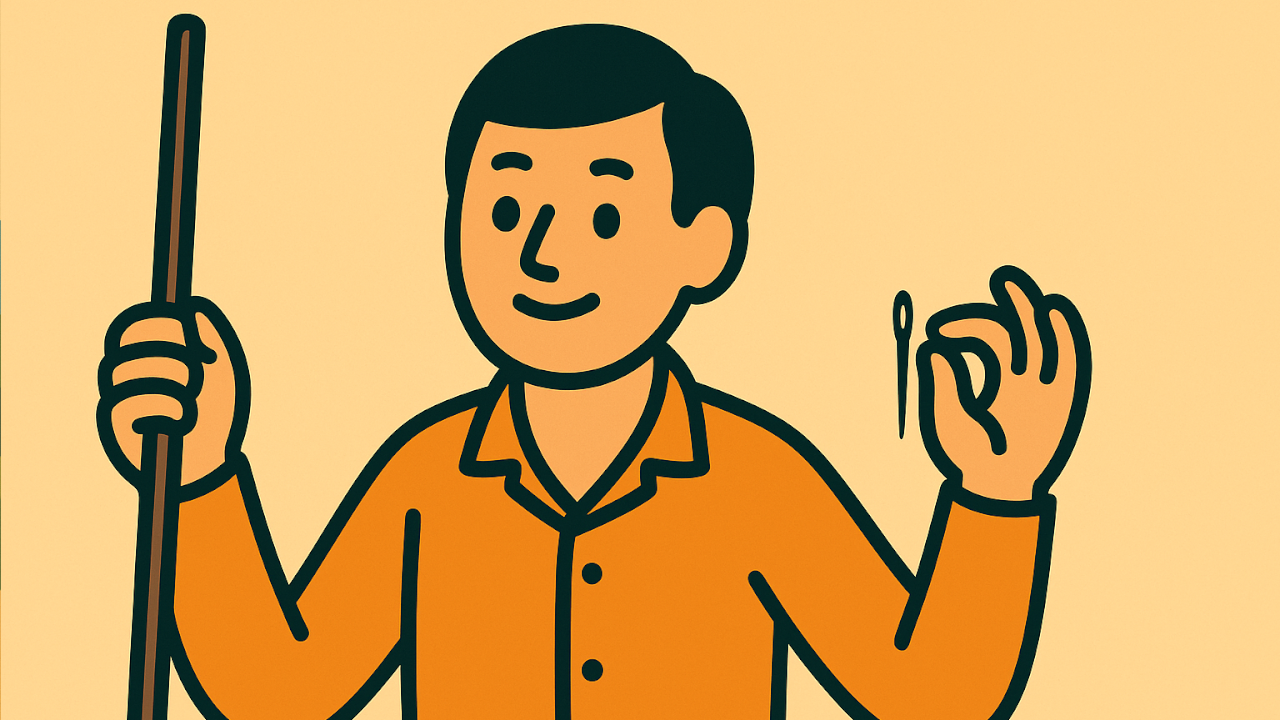How to Read “惚れた欲目”
Horeta yokume
Meaning of “惚れた欲目”
“Fell in love greedy eyes” is a proverb that describes how people who have romantic feelings tend to see their beloved as more beautiful and wonderful than they actually are.
When people fall in love, they become unable to see their partner’s flaws, or they find even ordinary actions particularly charming. This proverb objectively expresses such cognitive distortion caused by romantic love. “Greedy eyes” refers to eyes that see things favorably according to one’s own desires and wishes, indicating a state where calm judgment has been lost.
This proverb is mainly used when a third party observes someone who is infatuated with love and points out that their judgment is clouded by romantic feelings. It’s also used when reflecting on one’s own past romance and acknowledging that one’s perspective at the time was biased.
Even today, the phenomenon of people in love excessively idealizing their partners remains unchanged. Problems with a partner that are obvious to friends and family often remain invisible to the person in love – this is still a common occurrence.
Origin and Etymology
“Fell in love greedy eyes” is an old proverb that has been used since the Edo period. Looking at the formation of this phrase, “fell in love” refers to a state of having romantic feelings, and “greedy eyes” becomes the important point.
The term “greedy eyes” is not very familiar in modern times, but it has long been used to mean “eyes that see things in a way that suits oneself” or “a perspective that loses objectivity due to mixed desires.” In other words, it represents a state where one’s desires and wishes take precedence, making it impossible to see reality correctly.
The background to the birth of this proverb lies in the complexity of romantic views and human relationships during the Edo period. People from that time observed the human nature of beautifying one’s partner when falling in love and expressed this as a cautionary saying.
What’s interesting is that this expression contains not just romantic theory, but psychological insight pointing out cognitive distortion in humans. The people of Edo may have already understood the concept of what modern psychology calls “cognitive bias” as everyday wisdom.
In literature, this expression appears in Edo literature such as ukiyo-zōshi and human interest novels, showing that it was widely used among common people.
Interesting Facts
The term “greedy eyes” was also used in situations other than romance. Merchants in the Edo period used the expression “seeing with greedy eyes” when selling their goods, representing the psychology of trying to make products appear better than they actually were.
Also, these “greedy eyes” are a concept very similar to the modern psychological term “halo effect.” This is a phenomenon where one good impression influences the overall evaluation, and the beautification phenomenon in romance is considered a type of this effect.
Usage Examples
- That girl is completely seeing with Fell in love greedy eyes and can’t see his cheating habits at all
- It’s good to praise your son’s talent, but that might be a parent’s Fell in love greedy eyes
Modern Interpretation
In modern society, the phenomenon of “Fell in love greedy eyes” has taken on more complex aspects due to the spread of SNS and dating apps. This is because cases are increasing where people create ideal partner images from profile photos and posts, developing romantic feelings even before actually meeting.
Particularly on Instagram and TikTok, advances in editing technology make it easy to create photos and videos where posters appear more attractive than they actually are. This adds digital visual illusions to the traditional “Fell in love greedy eyes,” potentially creating an even larger gap with reality.
Also, with the current spread of remote work and online classes, screen-mediated encounters are increasing. In situations where one must judge a partner based on limited information, imagination may work too actively, strengthening the tendency to see with even more “greedy eyes.”
On the other hand, in our information society, we can know much more information in advance, such as a partner’s past posts and friendships, than before. While this could be a factor in preventing “Fell in love greedy eyes,” it could also create “confirmation bias” where one selectively sees only information that matches their ideals.
In modern times, the teaching of this proverb may be becoming more important.
When AI Hears This
The moment we fall in love, dramatic chemical changes occur in our brains. When dopamine floods our system, it activates neural circuits connecting the visual cortex and prefrontal cortex, literally changing how we “see” things.
Particularly fascinating is a substance called phenylethylamine, released during early romance. This “natural stimulant” dilates our pupils every time we look at our beloved’s face, allowing more light to enter. This makes their skin appear smoother and their features look beautifully soft-focused, like a built-in “beauty filter” operating in our brain.
Meanwhile, oxytocin enhances activity in the temporal lobe, which reads facial expressions, while simultaneously suppressing parts of the prefrontal cortex responsible for critical thinking. In other words, neural circuits automatically activate to focus on our partner’s positive traits while overlooking their flaws.
Recent brain imaging studies reveal that when people in love view photos of their romantic partners, the reward system’s ventral tegmental area activates at the same level as in drug addicts. In this state, attention becomes abnormally focused on the partner while cognitive functions that would normally compare them to others become impaired.
“Love is blind” isn’t an emotional issue—it’s the result of love as a biological program physically hijacking our visual cognitive system.
Lessons for Today
What “Fell in love greedy eyes” teaches us is how powerful human emotions are and how they can sometimes cloud judgment. But this isn’t necessarily all bad. What’s important is being aware of the possibility that you might be seeing with “greedy eyes.”
Whether in romance, work, or child-rearing, we tend to beautify subjects through affection and expectations. This itself is an expression of human warmth, but when making important decisions, it’s necessary to step back and maintain an objective perspective.
In modern society, listening to the opinions of trustworthy friends and family has become more important. Rather than superficial relationships connected through SNS, try to honestly listen to the words of people who truly care about you.
Also, “Fell in love greedy eyes” works not only toward others but toward yourself as well. You might overestimate or underestimate your own abilities and charm. By having balanced self-awareness, you should be able to build richer human relationships. We want to cherish both seeing with affection and making realistic judgments.



Comments